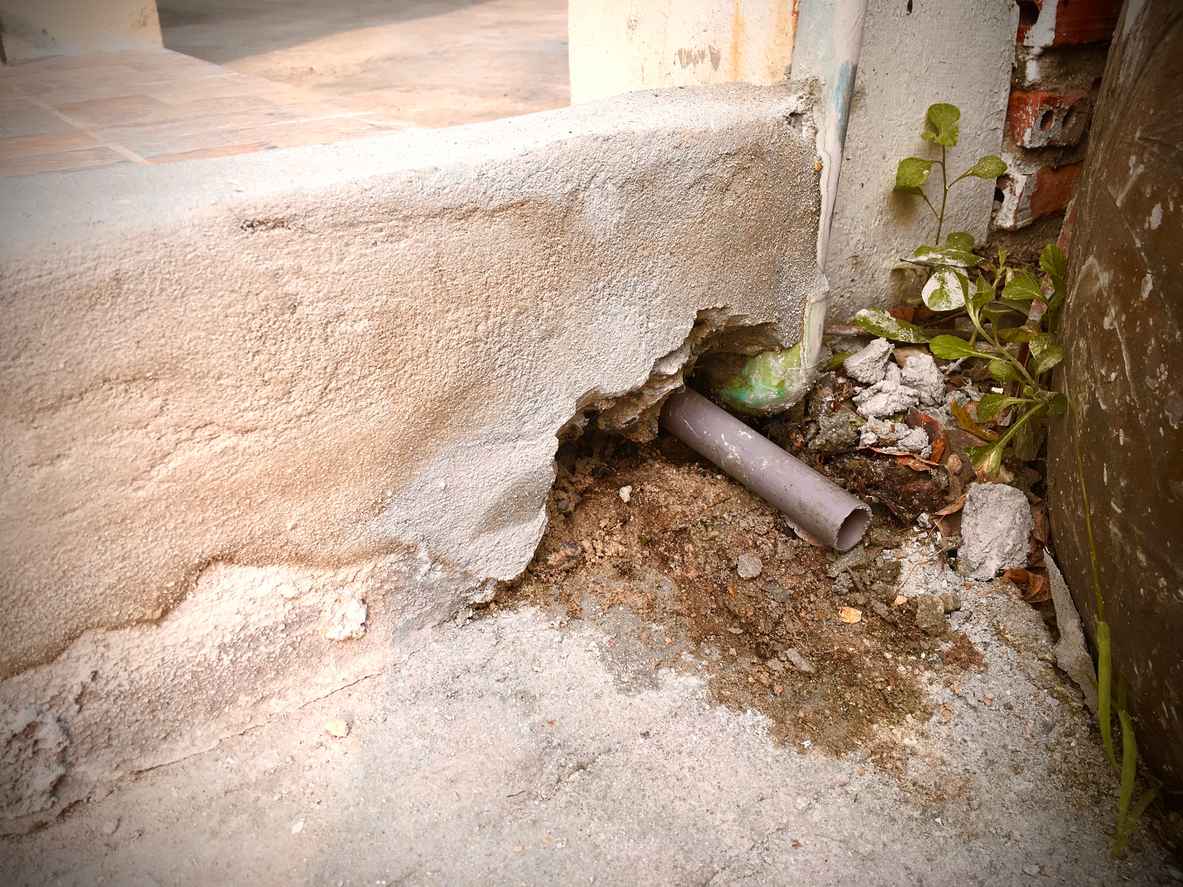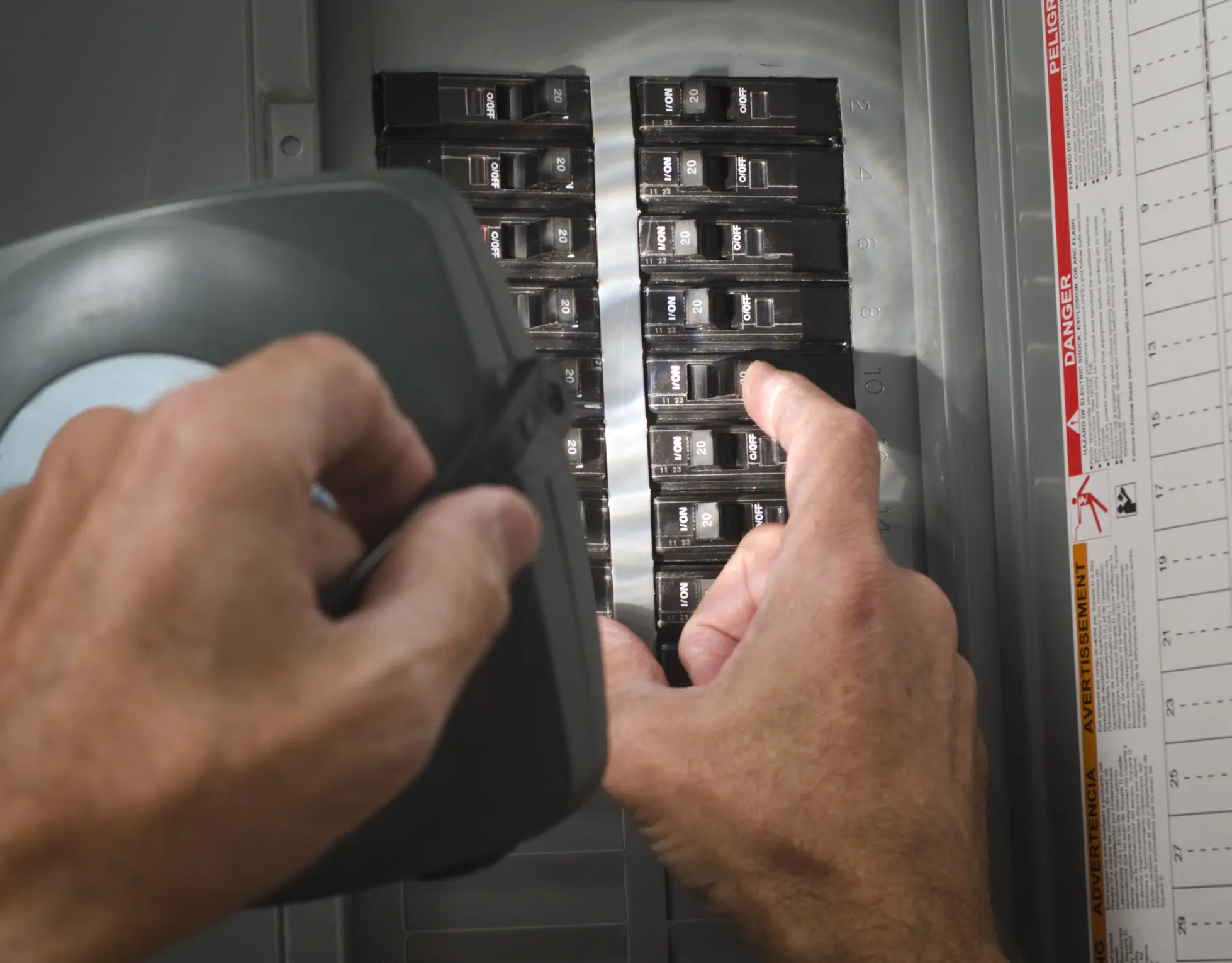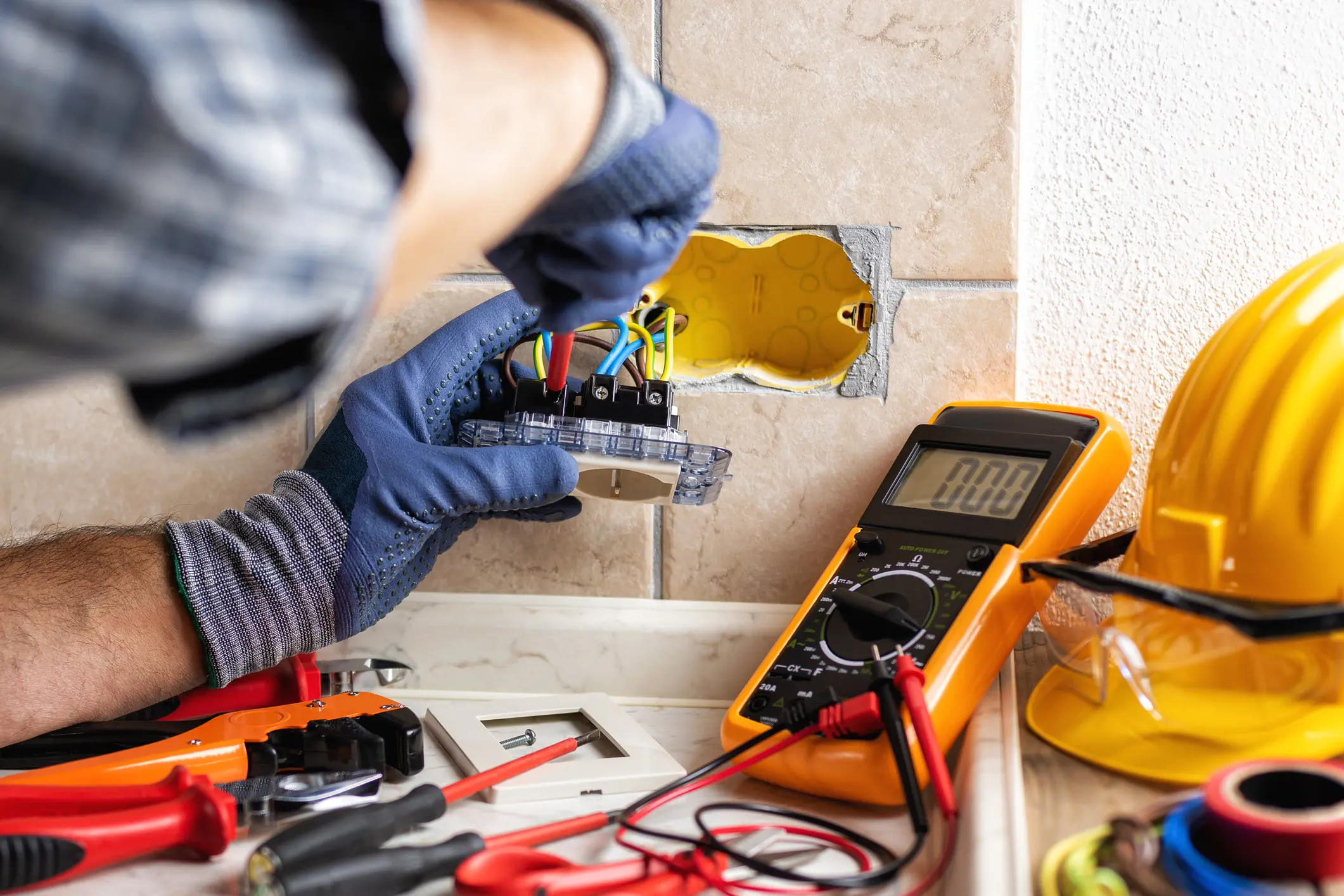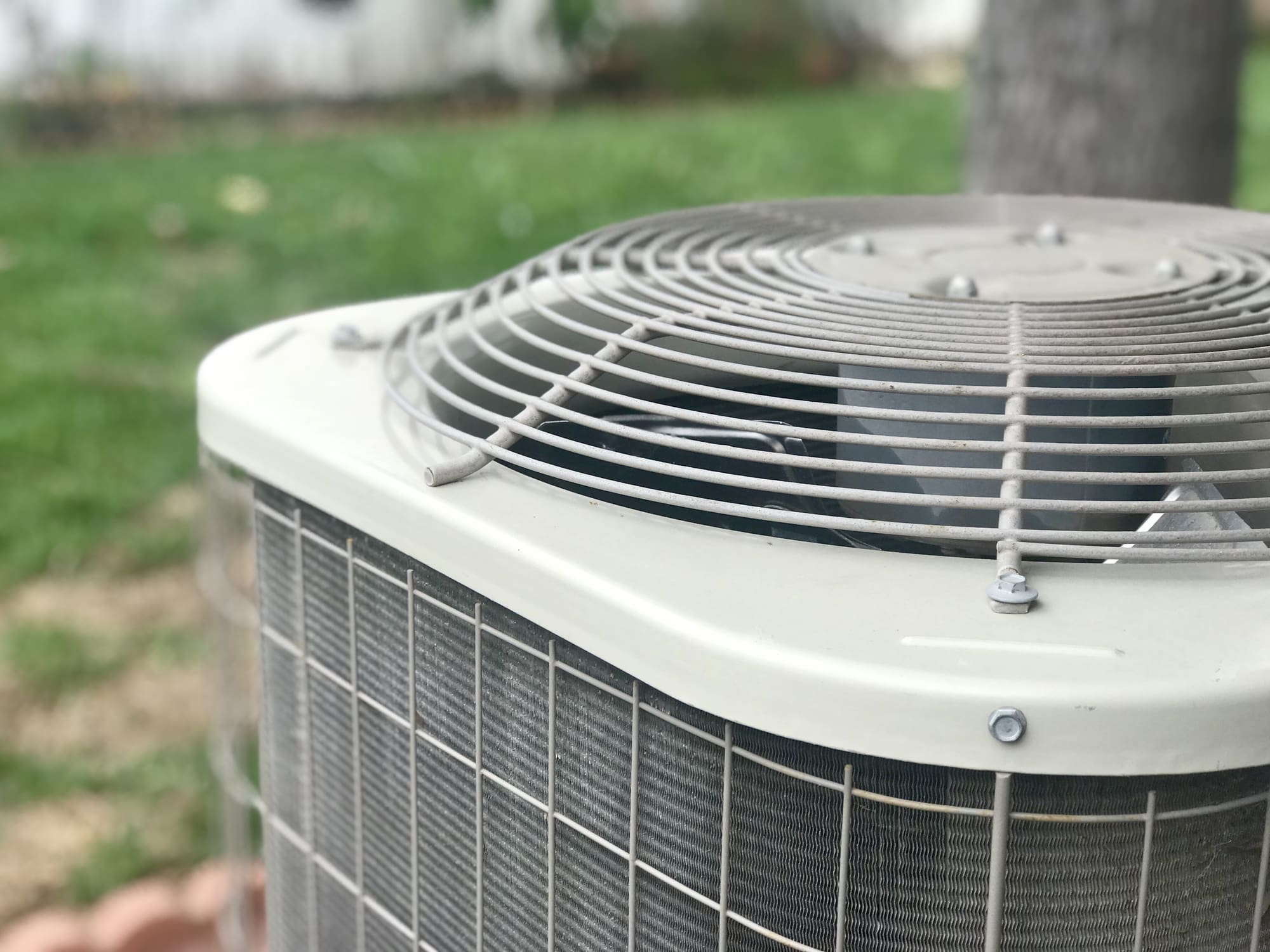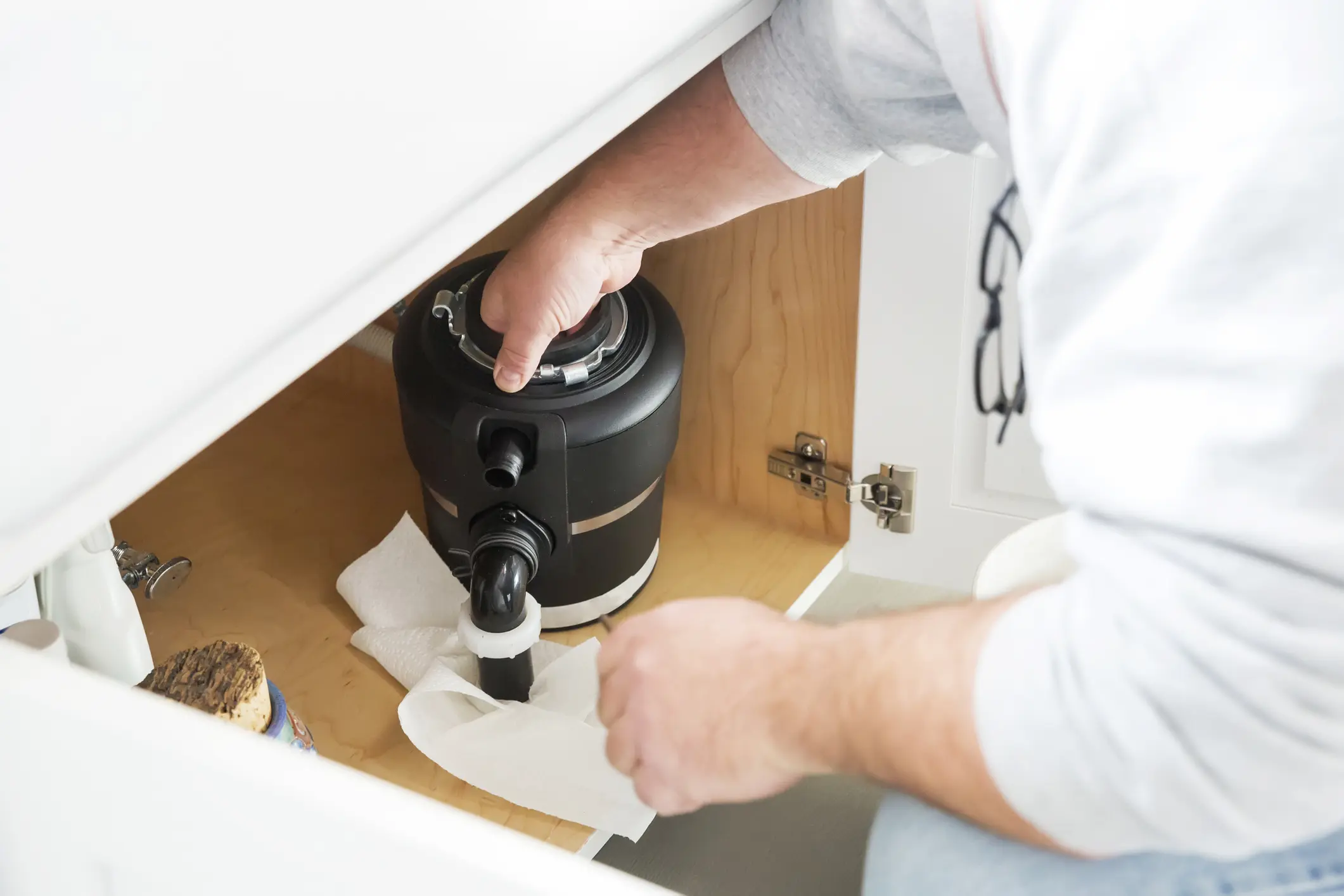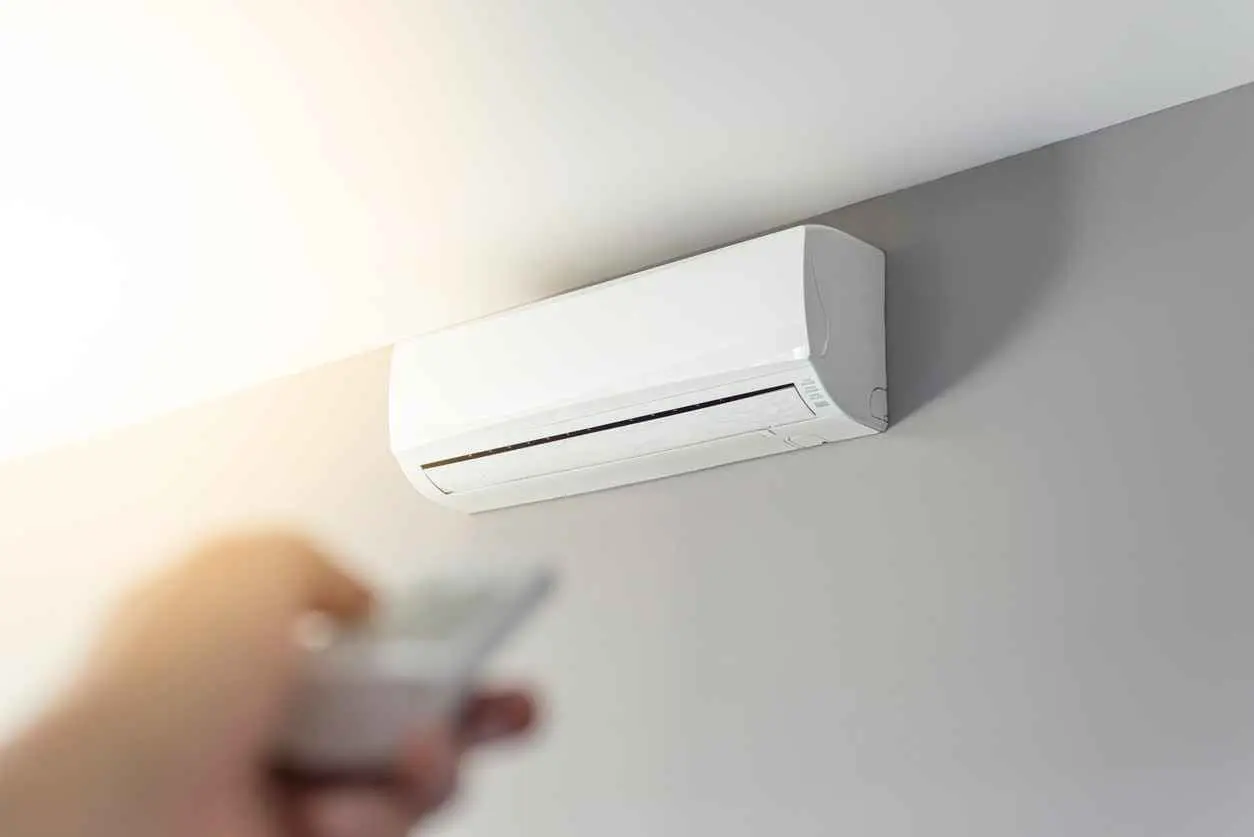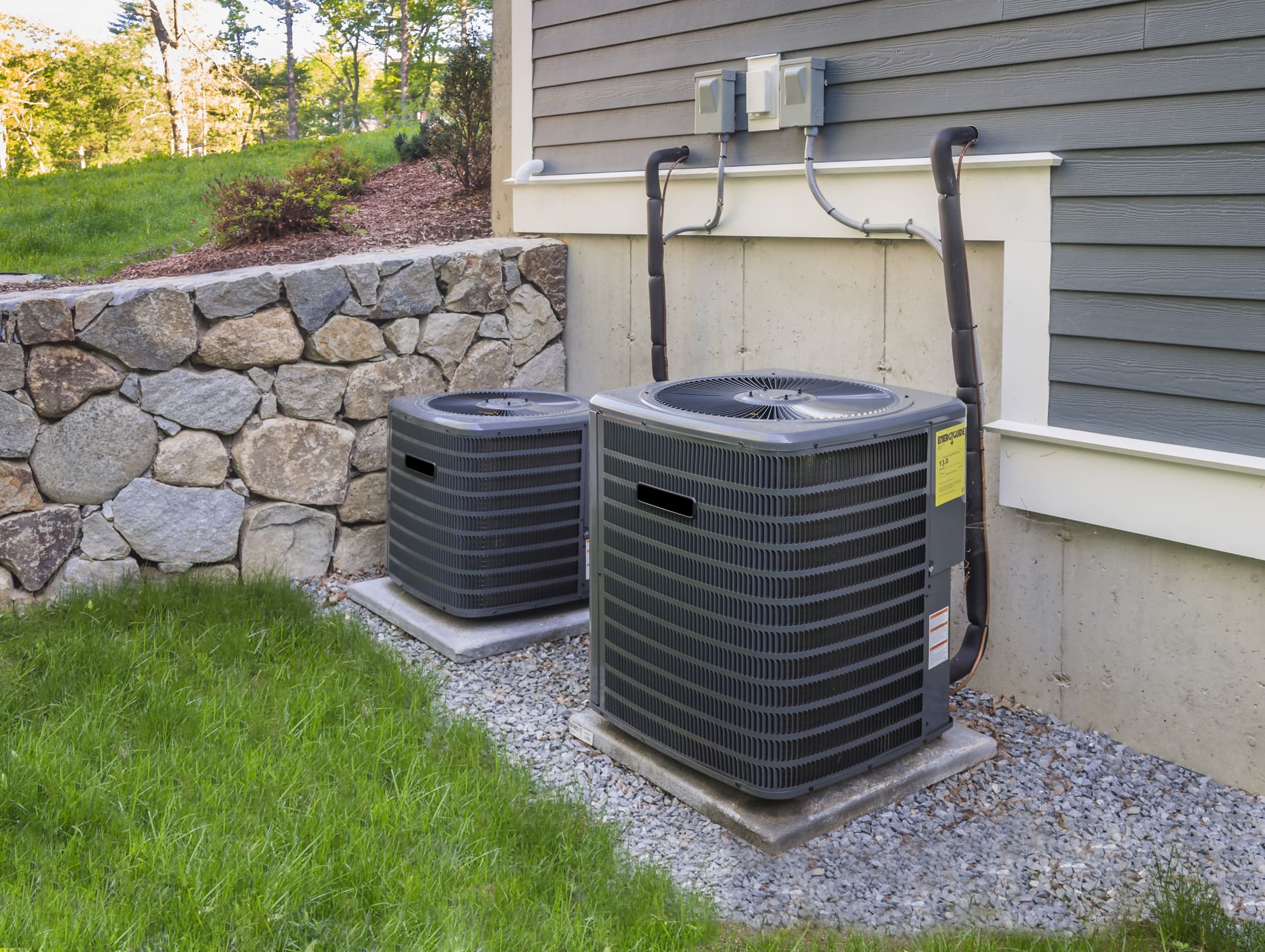Back to Blog
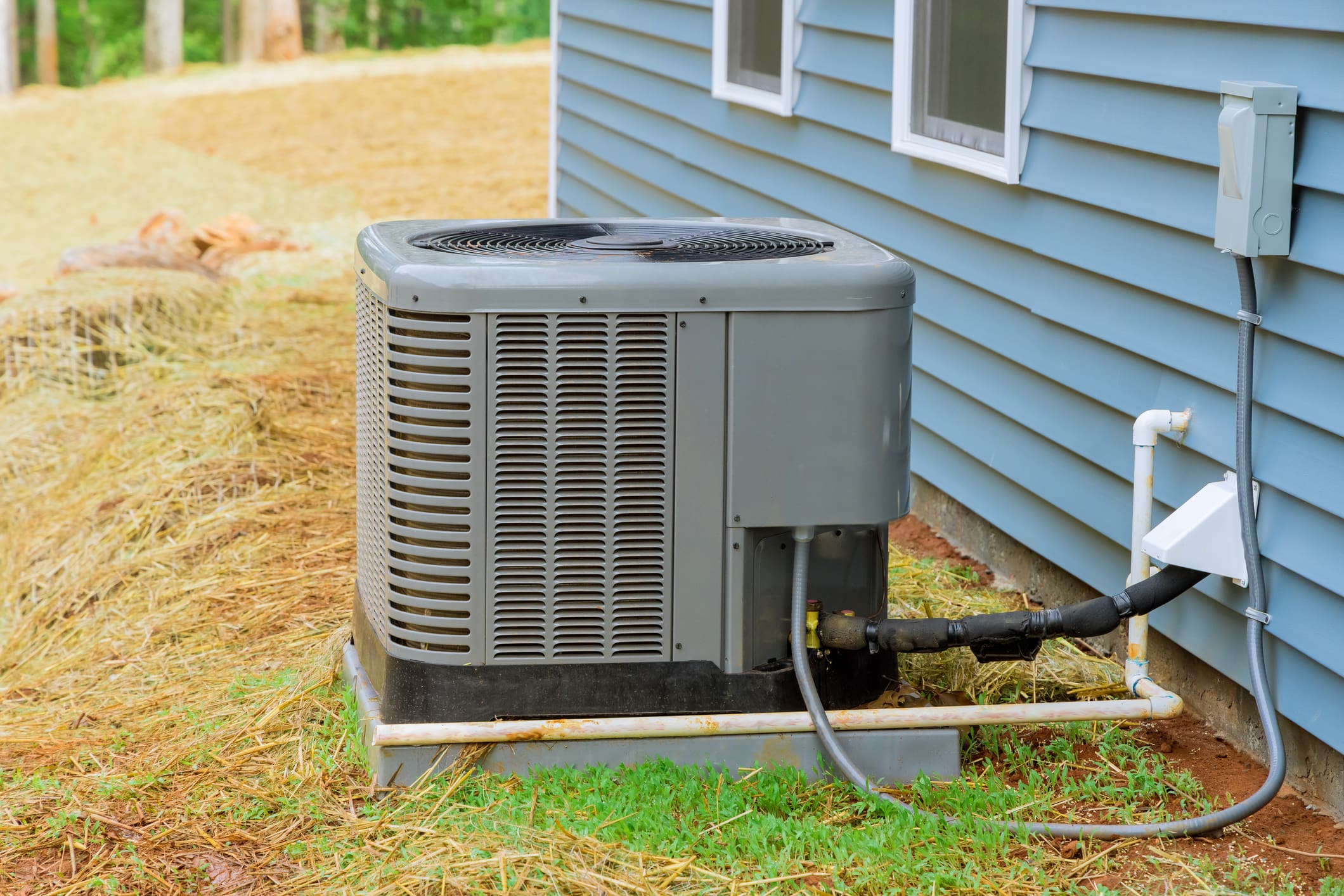
How Long Does an AC Unit Last?
When it comes to beating the scorching heat of summer, an efficient air conditioning (AC) unit is an invaluable companion. It keeps our homes cool, comfortable, and provides a respite from the sweltering temperatures outside. However, just like any other mechanical system, AC units have a finite lifespan. In this blog post, we will explore the factors that affect the longevity of your AC unit, provide general guidelines on its maintenance, and offer insights from Lickety-Split, the experts in cooling solutions.
The Lifespan of an AC Unit
The question, “How long does an AC unit last?” doesn’t have a one-size-fits-all answer. The lifespan of an AC unit can vary depending on several factors, such as the brand and model, installation quality, usage patterns, and maintenance practices.
On average, a well-maintained air conditioner can last anywhere from 10 to 15 years. However, this is a rough estimate, and some units may exceed this timeframe, while others may experience problems earlier. Regular maintenance and proper care can significantly extend the life of your cooling system.
Factors Affecting AC Unit Lifespan
Quality of Installation: The installation process plays a crucial role in determining an AC unit’s lifespan. Hiring a reputable and experienced company like Lickety-Split for the installation ensures that the unit is set up correctly, minimizing the risk of premature breakdowns.
Usage Patterns: The frequency and duration of AC usage impact its lifespan. Units that are constantly running are subject to more wear and tear, reducing their longevity. Implementing energy-saving practices and using the AC judiciously can extend its lifespan.
Maintenance: Regular maintenance is the key to a longer-lasting AC unit. Lickety-Split recommends scheduling professional maintenance at least once a year. During these tune-ups, technicians will inspect and clean various components, check refrigerant levels, and ensure the unit operates at peak efficiency.
Environmental Factors: The climate and environmental conditions where the AC unit is installed can influence its lifespan. Units operating in extremely hot and humid climates may experience more strain, potentially shortening their life. Regular maintenance becomes even more crucial in such conditions.
Brand and Quality: Investing in a reputable brand and a high-quality AC unit can pay off in the long run. Well-built units are more resilient to wear and tear and may require fewer repairs over their lifespan.
Signs of AC Unit Aging
As your AC unit approaches the end of its lifespan, it may start showing signs of aging. Some common indicators include:
Reduced Cooling Efficiency: Your AC might struggle to cool your home adequately, leading to uneven temperatures and discomfort.
Increased Energy Bills: An aging AC unit may become less efficient, resulting in higher energy consumption and increased utility bills.
Frequent Breakdowns: If you find yourself frequently calling for repairs, it might be a sign that your AC unit is nearing the end of its lifespan.
Strange Noises: Unusual noises like rattling or grinding could indicate internal issues within the unit.
Conclusion: AC Unit Lifespan
Your AC unit is an essential part of your home, providing you with comfort and relief during the hottest months of the year. Understanding the factors that affect its lifespan and taking proactive measures to care for it will ensure its longevity and optimal performance.
Remember to invest in a high-quality AC unit, have it professionally installed by experts like Lickety-Split, and schedule regular maintenance. By doing so, you can enjoy the cooling comfort of your AC for many years to come, keeping the summer heat at bay and your home a sanctuary of cool bliss.

Home Services You Can Trust
When solving problems in your home, you want the people you trust most to be on the job.
Click to Call

